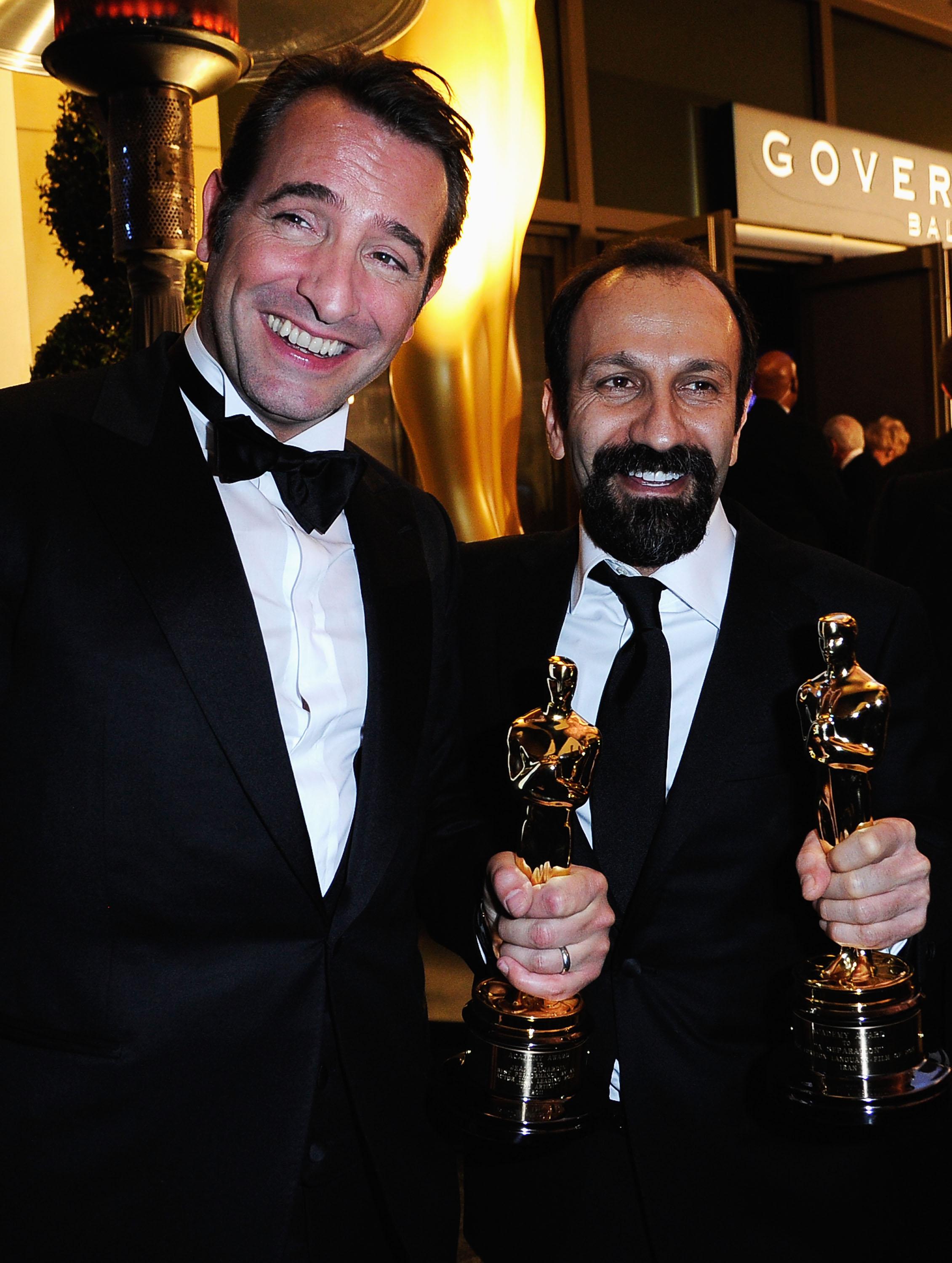Last night, a French-produced and directed film beat out its American competitors at the Oscars. Which got me thinking: If American movies lost at home, how did they do overseas this year?
Many awards shows in other countries explicitly bar foreign productions from their “best picture” equivalent, lest their homegrown movies get overcrowded by Hollywood product. But these shows generally have, like the Oscars, a “best foreign film” category, in which both The Artist and many of the American movies it defeated at the Oscars were eligible this year. In some countries, particularly those in Asia, American films tend to dominate this category, while in many European countries you see a more international mix.
For example, this year’s nominees at the Japanese Academy Awards, to be hosted this Friday, are The King’s Speech, Rise of the Planet of the Apes, Moneyball, The Social Network, and Black Swan. Meanwhile, Drive and Black Swan were the only two American films nominated at the French Césars (with Iran’s A Separation taking home the award, just as it did stateside). The Ryan Gosling thriller, helmed by Danish director Nicolas Winding Refn, won best foreign film at the Danish Robert Awards a couple weeks ago. Uggie and his buddies did beat out their American rivals in Australia—but a totally different set of American rivals: The Ides of March, Margin Call, and the joint U.S./U.K.-production We Need to Talk About Kevin (the other nominee was the internationally produced Melancholia).
What does one learn from looking at the American films most honored at these ceremonies in other countries? For one thing, foreigners love Clint Eastwood. Gran Torino garnered Best Picture at the Césars and was one of only two nominees in the foreign film category at the Argentinean awards. In the past, his Letters from Iwo Jima and Flags of our Fathers also did much better with overseas voters than American ones. (The latter won especially big in Japan.)
Woody Allen also translates well, with Annie Hall, Manhattan, Zelig, The Purple Rose of Cairo, Hannah and Her Sisters, and Match Point all taking home a “best foreign film” or “best American film” award in a major overseas competition. (Midnight in Paris was not among the nominees at the Césars this year; assuming it was eligible, that seems somewhat pointed, given the movie’s setting. The similarly Paris-set Hugo was also not among this year’s nominees.)
And there’s at least one American auteur the French clearly love more than his own countrymen do: James Gray, who has been nominated for two of his four films, We Own The Night and Two Lovers.
Of course, the academy likes Woody and Clint a fair amount, too—and James Gray is frankly underrated. The real surprise comes in seeing movies that would never get “Oscar buzz” singled out elsewhere. Again, Japan stands out: Their past American nominees include The Bucket List, Pirates of the Caribbean: Dead Man’s Chest, Star Wars Episode III: Revenge of the Sith, Air Force One (Japan), Independence Day, and The Bodyguard.
The best picture category at the Oscars is open to films of all nationalities and languages, but only eight completely foreign-language films have been nominated for the award (the last being 2006’s Letters from Iwo Jima). Foreign-directed and produced films are regularly nominated, though; indeed, three of the last four statues have gone to the French-produced The Artist and the U.K.-produced The King’s Speech and Slumdog Millionaire. If American producers want to win back the academy’s biggest honor, perhaps they’ll need to lobby for rules similar to the more restrictive ones employed in other countries. Or, you know, they could just produce better movies.
Previously: Second-Best Actor? Best Hairstyling? Our Favorite Overseas Film Awards
